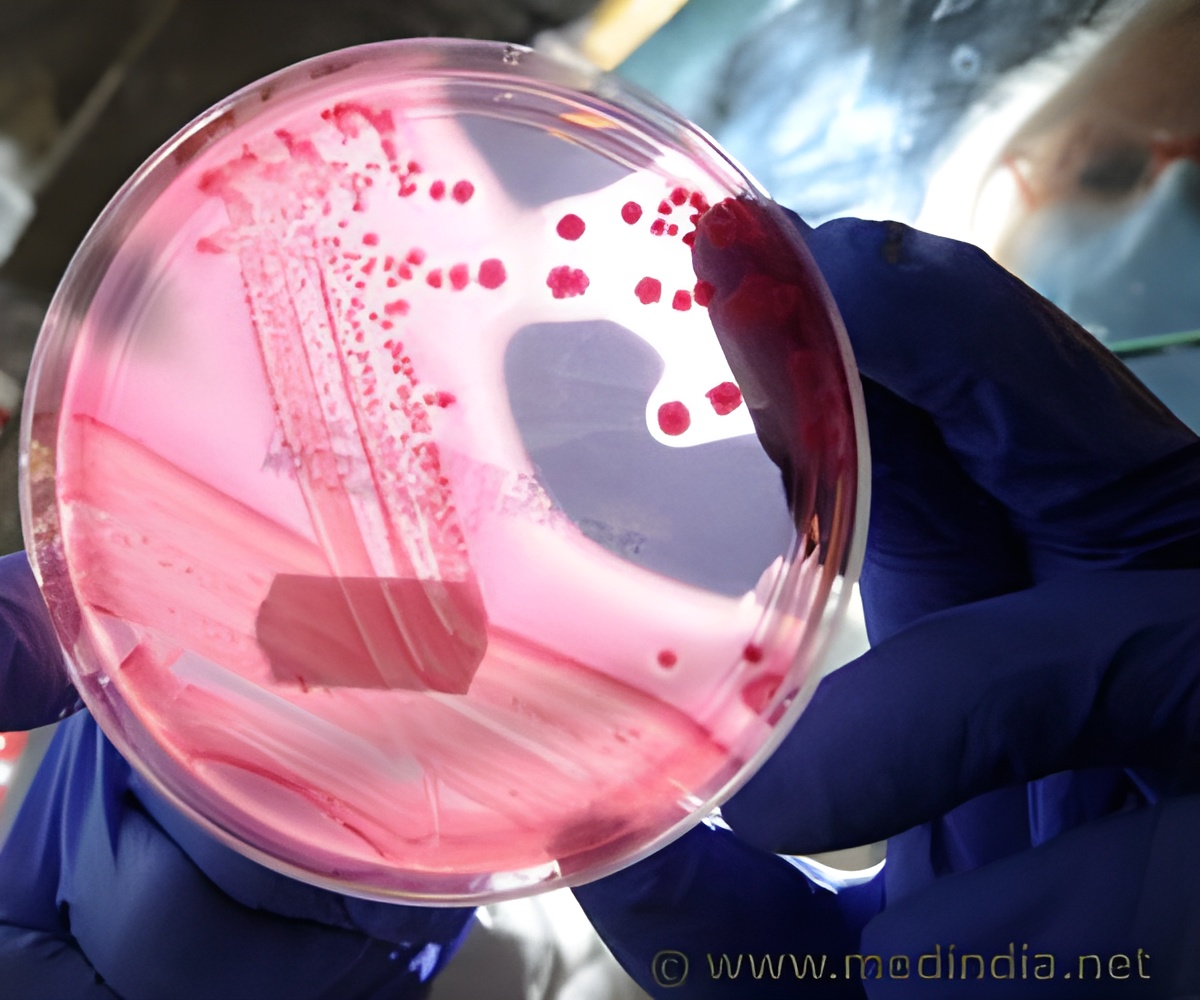Success found in determining the function of a new variant of enzyme IKKalpha (IKKα) to activate some of the genes taking part in the tumor progressions of colorectal cancer.

IKKα is a specific type of enzyme, known as kinase. These enzymes are proteins that act on other proteins adding to them a phosphate and thus modifying their function. The p45-IKKα, which we identified, is located in the nucleus of cancer cells and their action is essential for the progression of the tumor. Lluís Espinosa adds: "The most important novelty of our findings is the identification of a new form of the IKKα kinase, which is mainly involved in activating genes that take part in the tumor progression, and that differs from the main activity of this kinase in normal cells".
For this research a total of 288 human samples of colorectal cancer were analyzed, identifying the presence of p45-IKKα in most of them and proving that specifically blocking this new form of IKKα avoids the growth of this particular cancer cells.
The results of this work open the door to multiple research lines aiming to discover the mechanisms that generate and activate this p45-IKKα enzyme, and identifying possible inhibitors that are more effective against tumor cells, that are less toxic for the remaining body cells. However, it is important to note that while these results represent an important advance towards understanding the mechanisms of tumor progression, further research will be needed before considering future therapeutic applications of this type of drugs in patients with colorectal cancer.
Source-Eurekalert
 MEDINDIA
MEDINDIA




 Email
Email










